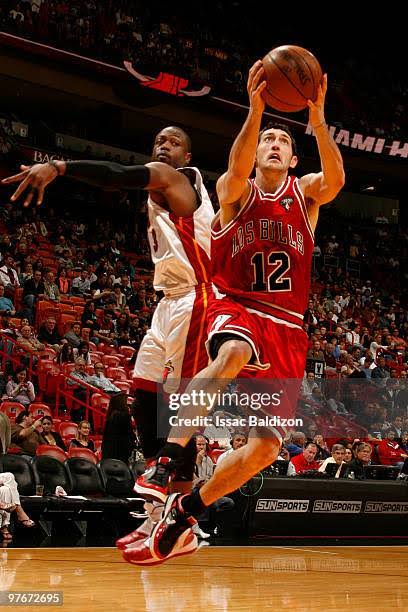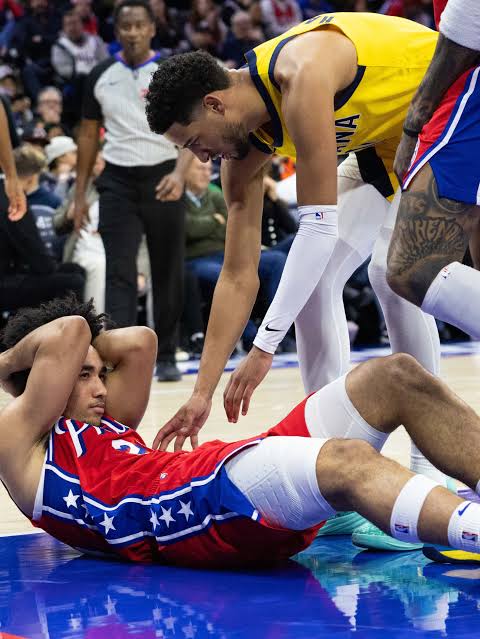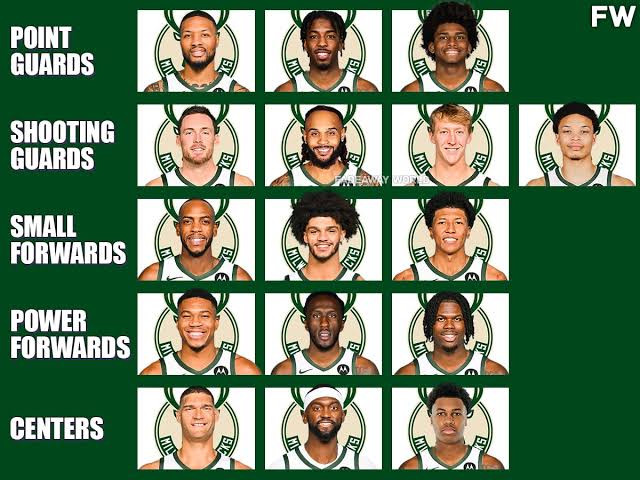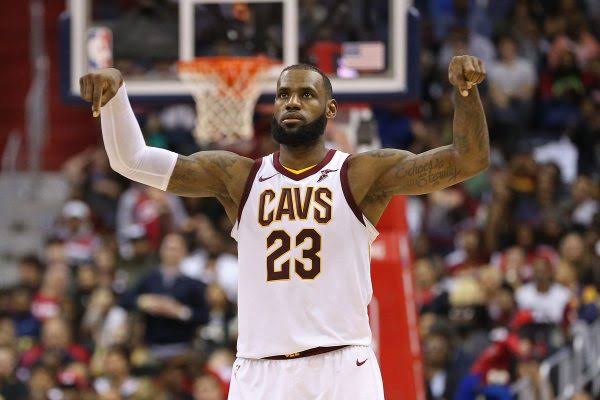Dwyane Wade’s recent comments highlight a significant debate about the treatment and perception of the WNBA within the broader basketball community, particularly in relation to the NBA. This clash of opinions between Wade and Shaquille O’Neal underscores different approaches to supporting women’s sports.
Wade’s Position:
Support for the WNBA: Wade emphasizes the need for unity and respect for the WNBA, pointing out the league’s strong sense of togetherness compared to the NBA. He argues that the WNBA should be allowed to develop on its own terms without the need for changes that could compromise its integrity.
Critique of Negative Narratives: Wade criticizes those who undermine the WNBA, stressing the importance of positive representation for young girls who aspire to play basketball.
Focus on Respecting the Game: He advocates for appreciating the skill and strategy inherent in women’s basketball rather than altering the game to increase its spectacle appeal.
Shaq’s Position:
Rim Height Controversy: Shaq’s suggestion to lower the rims in the WNBA to encourage more dunks has been controversial. While he believes this could attract more fans, the idea has been met with criticism from players and analysts who feel it undermines the authenticity and skill of the game.
Broader Implications:
NBA’s Role: Wade’s critique extends to the NBA’s support (or lack thereof) for the WNBA. He suggests that the NBA should do more to elevate women’s basketball and respect its unique attributes.
Cultural Perception: The debate reflects broader societal issues regarding gender equity in sports. Wade’s comments push for a shift in how women’s sports are perceived and valued.
Conclusion:
Wade’s stance calls for a reevaluation of how the WNBA is supported and marketed, advocating for genuine appreciation of its unique aspects rather than altering the game to fit a more traditional, male-centric model of basketball success. This discussion is pivotal in fostering greater respect and growth for women’s sports.



